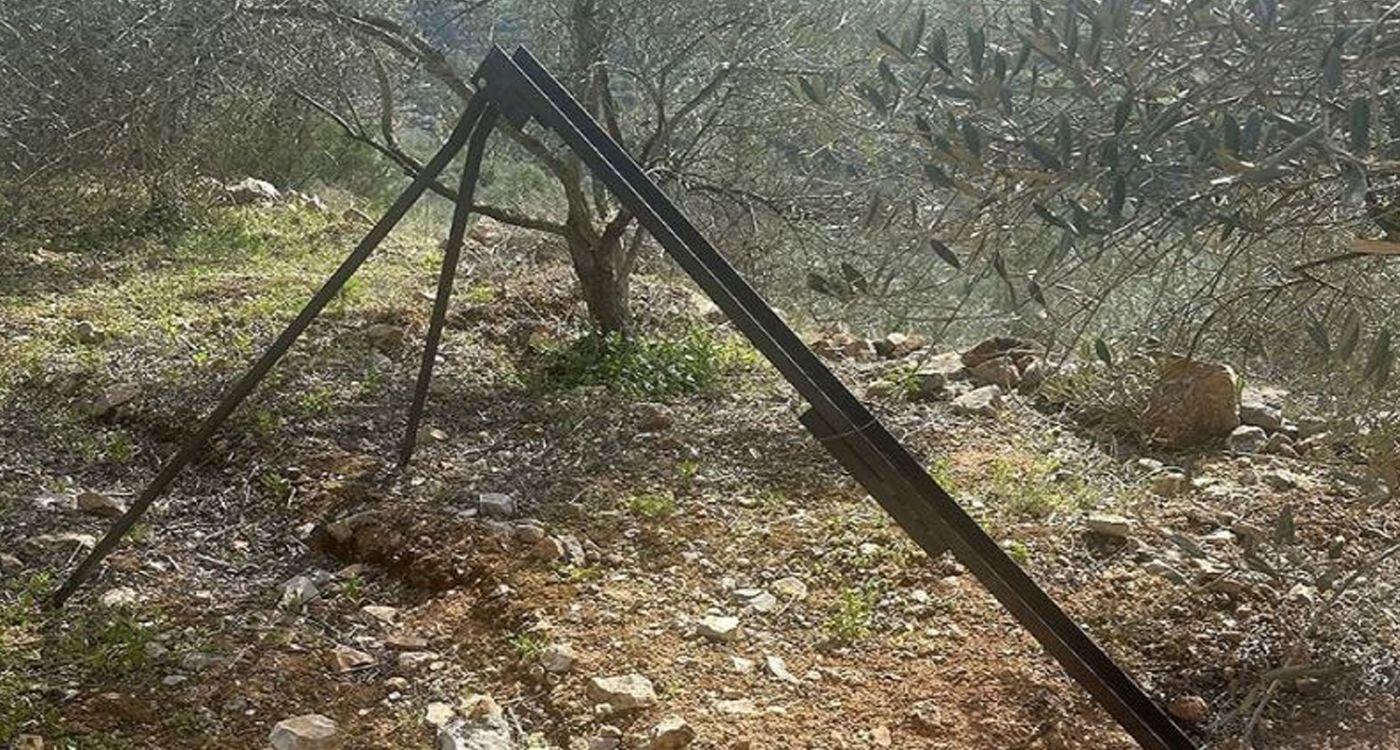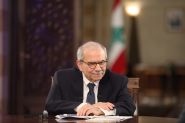
After a period of relative calm in Beirut, Israeli airstrikes resumed on the southern suburbs of Beirut. The most recent attack occurred at dawn on Tuesday. The attack targeted Hassan Bdair, a Hezbollah operative in charge of Palestinian affairs.
This escalation follows a fresh flare-up in tensions along the Israeli-Lebanese border, triggered by rocket fire from southern Lebanon towards northern Israel on March 22 and 28.
While the origin of these attacks remains unclear—despite an ongoing investigation—they have reignited fears of a broader regional conflict.
Although no deaths were reported from the March 28 rocket fire on Israel, the attack provoked an Israeli retaliation against the southern suburbs of Beirut, marking the first strike since the ceasefire agreement of November 27, 2024.
On Friday, after a warning from Israeli military spokesperson Avichay Adraee on platform X, Israel targeted Hezbollah’s stronghold near Hadath. Tel Aviv justified the airstrike by pointing to the presence of infrastructure and weapons linked to the Iran-backed group in the Damous street. Israeli Defense Minister Yoav Gallant warned that the southern suburbs would face further retaliation “for every attempt” to target northern Israel, while Prime Minister Benjamin Netanyahu threatened to strike “anywhere in Lebanon in response to any threat.”
Hezbollah Denies Involvement
In the wake of the rocket fire, Hezbollah swiftly denied any involvement, releasing a statement rejecting all responsibility for the attacks. The group condemned attempts to hold it accountable for actions it did not carry out, emphasizing its longstanding hostile rhetoric toward Israel while avoiding direct, large-scale military involvement in the ongoing conflict.
A Hezbollah source told al-Hadath on Tuesday, “We are responding to Israeli attacks in defense of our nation's supreme interests.” The official stressed the need for a political resolution to the crisis, adding, “The Lebanese State must identify those responsible for the rocket fire.”
Lebanese Investigation and Arrests
In response to the escalating situation, Lebanese authorities quickly launched an investigation to identify those responsible for the rocket fire. Lebanese security services reported the arrest of several suspects, though their affiliations remain unclear. Initial reports suggest that the suspects may be of Syrian and Lebanese origins. The Lebanese Army, already deployed in the south of the country, has heightened its patrols to prevent further escalation.
Local and International Reactions
The Israeli airstrikes on Beirut’s southern suburbs triggered a wave of political reactions. Lebanese Army Commander-in-Chief General Rodolphe Haykal condemned the attacks, warning on Saturday that they endangered Lebanon’s stability. He stated, “The country must not be used as a platform for actions that could drag it into a devastating conflict,” noting that “rocket fire from Lebanese territory serves only Israel's interests.”
Meanwhile, Lebanese President Joseph Aoun, while in Paris, condemned what he described as the “violation of Lebanese sovereignty,” calling on the international community to intervene to prevent an uncontrollable escalation. He also emphasized the importance of keeping Lebanon out of a regional war, asserting that “all indications suggest Hezbollah's innocence in the attack on Israel.”
For its part, Washington reaffirmed its support for Israel, highlighting on Tuesday the “full backing of Israel’s response to the rocket fire from Lebanon.” It held “terrorists” responsible for the “resumption of fighting.”
While calls for restraint are multiplying, the situation on the ground tells a different story. The risk of escalation remains ever-present, and uncertainty prevails over how the balance of power will evolve between Israel, Lebanon and the armed groups operating in the region.


Comments